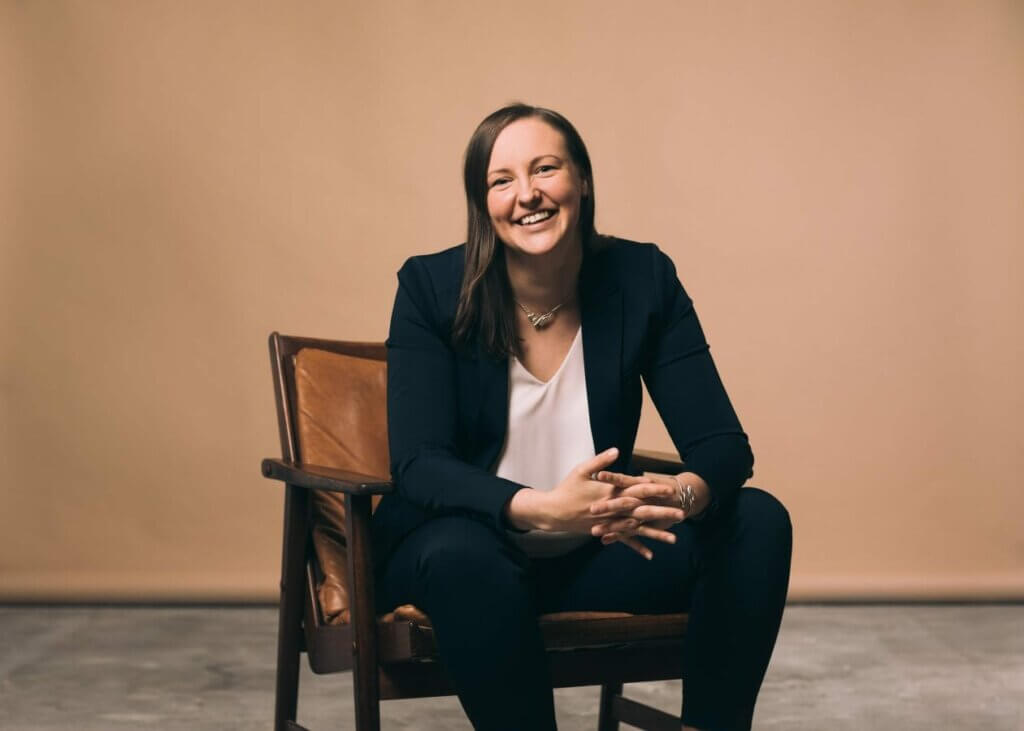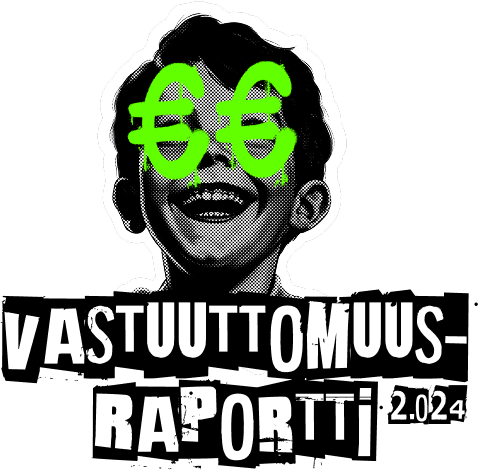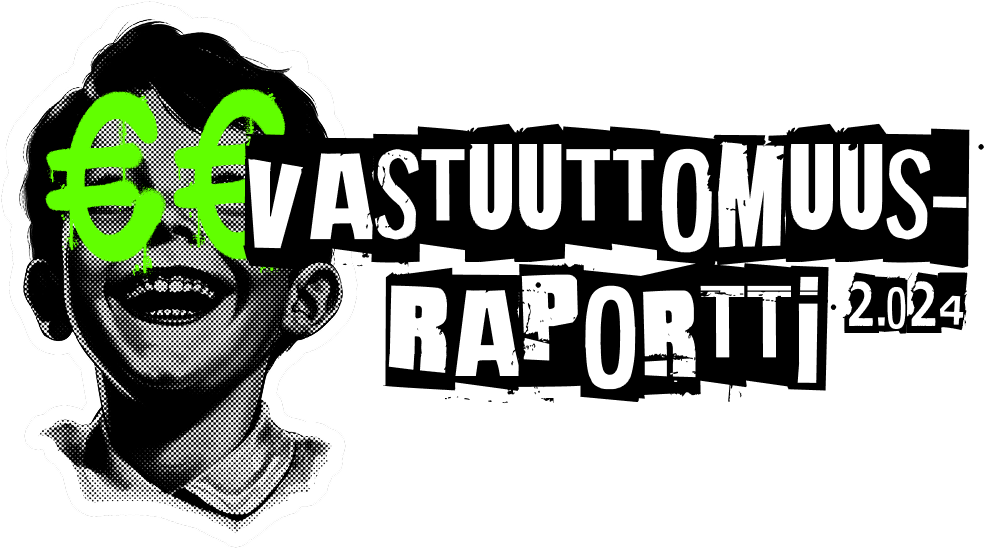Ylva examined the impact of business operations conducted on its premises on society
25.2.2022
Traditionally, the tenants’ operations have not been taken into account when assessing the responsibility of the property-owning company’s business operations. Ylva was the first Finnish property owner to examine what kind of impact the business operations of the tenants in its properties have on the surrounding society.
It is generally thought that property owners can affect the responsibility of their business operations mainly through decisions relating to property maintenance and upkeep. The owner can, for example, choose to use emission-free electrical or thermal energy on their premises or improve the building’s energy class through renovations.
The owner’s responsibility does not end here, however. A significant part of the effects – positive or negative – of real estate business may result from the type of companies and operators using the premises.
“Companies producing clothing or food products, for example, are expected to be aware of the responsibility of their operations chains and subcontracting. As a lessor, we must similarly know what kinds of business operations we are enabling through leasing our premises,” relates Ylva’s Chief Sustainability Officer Antti Ruuska.
Indicators assessing companies’ responsibility are often too narrow
Even though responsibility is a common talking point these days, there are very few indicators out there to measure this that are comparable across different industries. Ylva decided to examine its own tenants’ impact in collaboration with the Finnish company Upright.
“The net impact model we have developed is based on more than 200 million scientific articles from which data is gathered by artificial intelligence. By combining this understanding with the product and service taxonomy we have created to describe the entire global private sector and its value chains, we are able to assess what kind of a net impact an individual sector or company has on the world,” explains Upright’s Growth & Product lead Tuukka Yrttimaa.
The analysis was conducted in spring 2021 and covered all of Ylva’s tenants – around 50 companies. Each company’s impact was examined in four categories: society, knowledge, health and environment, but the final conclusions on responsibility are nonetheless drawn based on the whole.
“Responsibility is often considered based only on individual indicators, however important these may be. There are assessments, for example, of a company’s use of natural resources or the number of occupational accidents. The net impact model delves above all else into understanding the holistic overall picture: which resources the company uses in its core operations, and what is achieved on the positive side with these resources,” says Yrttimaa.
Aiming to create new services for tenants
In Ylva’s tenancy operations, responsibility has until now mainly meant the exclusion of certain sectors that are incompatible with the company’s values.
“It is clear that we do not want to lease our premises to companies in any given sector. Operators of the firearms or tobacco industries, for example, are not in line with our values, so they have to find premises elsewhere. I hope that in the future, we are better able to understand our tenants’ business operations, and also to serve them better,” says Ruuska.
The recently completed analysis will, for the first time, offer a broad view of the positive and negative impacts of the current tenants. The data gathered from the investigation can later be used, for example, to come up with new kinds of services for the tenants.
More information:
Antti Ruuska
Chief Sustainability Officer, Ylva
+358 40 176 3142
antti.ruuska@ylva.fi
–
Tuukka Yrttimaa
Growth & Product, The Upright Project
+358 40 175 1185
tuukka.yrttimaa@uprightproject.com
Ylva’s goal is the construction of the Helsinki of the future. Our business operations focus on the real estate and restaurant businesses. Ylva is owned by the Student Union of the University of Helsinki. For 150 years already, we have been building a city for the people of Helsinki where people and ideas come together. For us, profitability means long-term decisions that will enable the following 150 years. Our unique background requires us to be pioneers in terms of openness and responsibility as well as commitment to the development of Helsinki.



